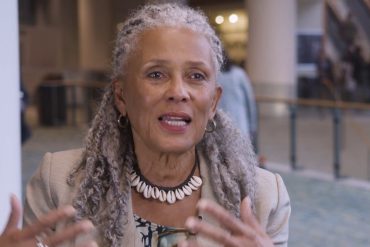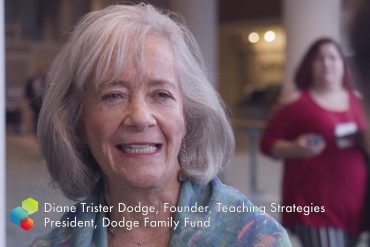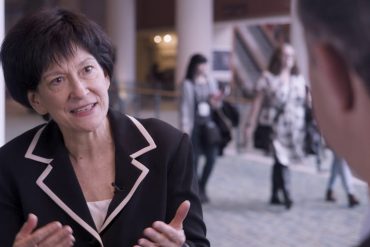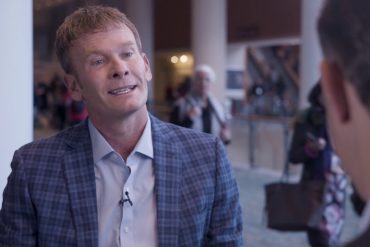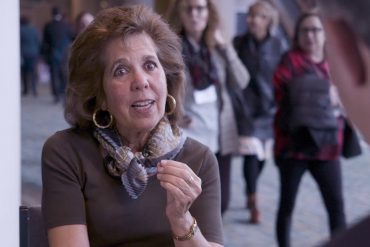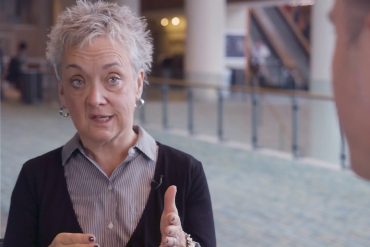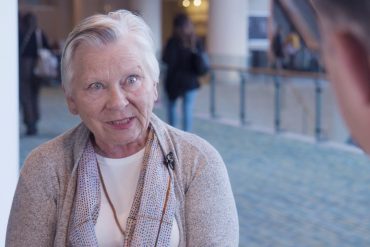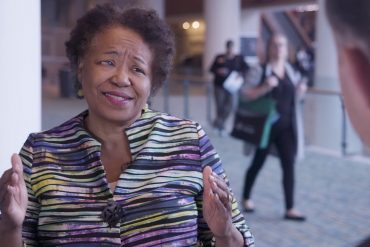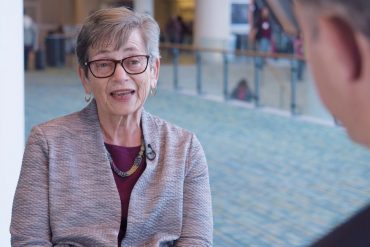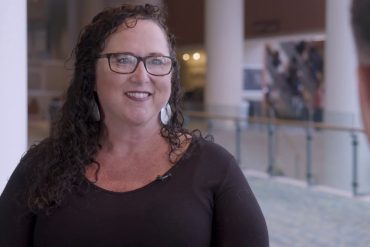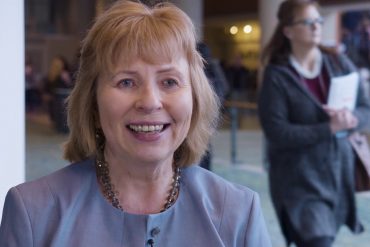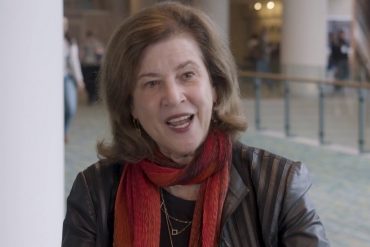From her earliest days, teaching has been part of Carol Brunson Day’s life. And since those first lessons through her time in the classroom and as NAEYC Past President, she has been a relentless, powerful activist for equity, access, and high-quality education for children.
When Diane Trister Dodge began working with Head Start, she created her own learning materials with mimeographs and homemade filmstrips. That creative focus on training teachers helped Diane become founder of Teaching Strategies and now President of the Dodge Family Fund, promoting the early childhood profession and programs that help children in poverty to be successful.
Among the National Association for the Education of Young Children’s (NAEYC) many roles: Bringing together a range of professions – and perspectives – to reach consensus on important issues affecting early childhood education. What are these position statements, and how do they get created? NAEYC Senior Advisor Barbara Willer explains.
In addition to working with children and parents while overseeing New Horizon Academy’s nearly 90 sites in four states, CEO Chad Dunkley also spends time working with public officials, helping expand access to early learning and drive policy changes that rework its “broken” economics.
Language development is critical to young children’s development – indeed, the foundation for early literacy. So what are the straight-forwards ways teachers and parents can bring more words into children’s lives? Professor Susan B. Neuman explains.
Early childhood education is imperative and challenging under any circumstances. Families formed through adoption, families with LGBTQ members, and children who are gender fluid bring their own unique challenges – and opportunities. Robin K. Fox, Interim Dean of University of Wisconsin-Whitewater College of Education & Professional Studies, discusses what teachers, parents, and children need to know – and how they can apply that understanding every day.
When most people talk about designing an early childhood education program, they mean the curriculum, the funding, or the program. Not Dr. Sandra Duncan. When the Design Consultant for Early Childhood Classrooms and Adjunct Professor at Nova Southeastern University talks about designing, she means it literally.
What does a culture of health look like? Dr. Gail Christopher, Executive Director of the National Collaborative for Health Equity, explains why so much of it happens outside medical system – and how bringing equal access and quality to early childhood education is a key place to start.
If education is so central to American success, why – as a country – don’t we invest more in the ones doing the educating? Sue Russell is Executive Director of the
T.E.A.C.H. Early Childhood National Center, which, among other efforts, provides comprehensive scholarships to the incumbent early childhood workforce – a program that has delivered more than $540MM in grants to some 165,000 educators.
As early learning science continues to deliver new insights around how children learn, the imperative next step becomes putting those learnings into the hands of people who need it most: Educators and parents. Senior Manager Erin Ramsey explains how Mind in the Making does that all across America.
In preschool and kindergarten, play – including “make believe” play – helps lay the foundation for many competences children will need for the rest of their lives. So how can we get adults out of the way? Elena Bodrova, PhD, co-founder and Tools Knowledge Advisor at Tools of the Mind, explains.
We are all more than our most challenging moments. As Ellen Galinsky, Bezos Family Foundation Chief Science Officer and Founder/Executive Director of Mind in the Making, explains, a focus on “trauma informed care” in early learning is shifting to “asset informed care.” And that process starts with looking at children in terms of their strengths.


